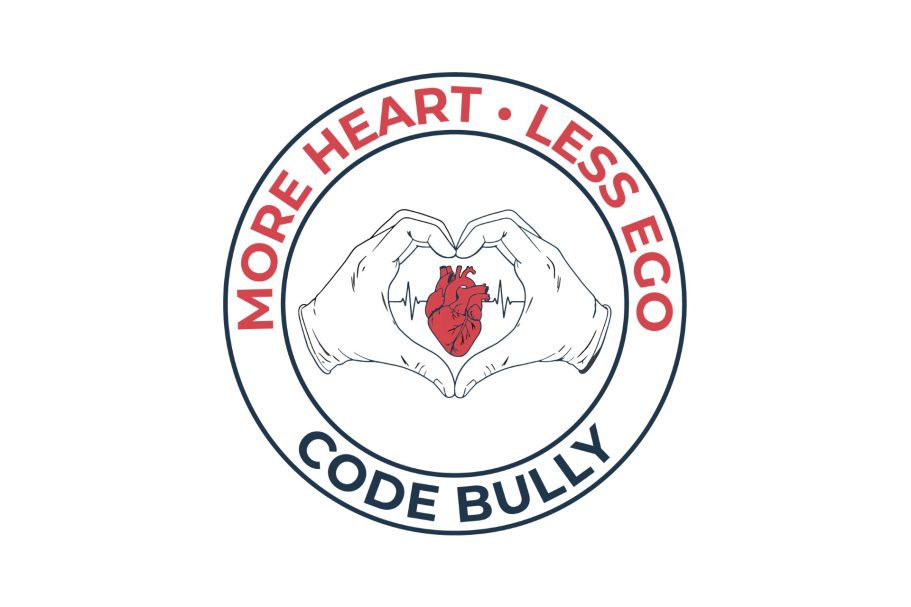WHY IT MATTERS
"60% of new nurses reportedly leave their first position within six months due to negative behaviors from colleagues, including bullying, incivility, or horizontal violence."
-Berry, P. A., Gillespie, G. L., Fisher, B. S., & Gormley, D. K. (2016). Recognizing, confronting, and eliminating workplace bullying. Workplace Health & Safety
"70% of adverse events in hospitals are linked to communication breakdowns—some triggered by bullying, incivility, or disruptive behaviors."
-The Joint Commission. (2010). Improving Patient and Worker Safety: Opportunities for Synergy, Collaboration, and Innovation.
"Organizations that report high levels of bullying can face increased staff turnover costs, estimated at $4 million to $7 million annually for a single hospital."
-The Joint Commission. (2021). Quick Safety, Issue 59: Bullying has no place in health care.

In the high-pressure environment of healthcare settings, where every decision can have life-altering consequences, it is important to promote respectful and collaborative communication. Unfortunately, bullying behaviors such as verbal aggression, belittling, intimidation, and exclusion still persist in many healthcare workplaces, creating toxic cultures that affect everyone involved.
Addressing bullying in healthcare isn’t optional, it’s a vital step in ensuring a healthier future for both providers and patients. By recognizing the problem and taking systemic action, we can build an environment where every team member feels valued, patients receive the best possible care, and healthcare systems are set up for sustainable success.

Patient Safety and Outcomes
Addressing bullying in healthcare isn’t optional. It’s a vital step in ensuring a healthier future for both providers and patients. By recognizing the problem and taking systemic action, we can build an environment where every team member feels valued, patients receive the best possible care, and healthcare systems are set up for sustainable success.

Staff Retention and Morale
Healthcare professionals often work long hours in stressful conditions. Bullying adds yet another strain, leading many to leave the field altogether—or avoid certain specialties. High turnover rates are costly for organizations and disrupt continuity of care. More importantly, they compromise staff morale and can escalate the occurrence of additional harassment or conflict.

Mental Health and Well-Being
Bullying not only affects victims at work but also impacts their personal lives. Anxiety, depression, and burnout frequently follow persistent harassment. And when healthcare workers struggle with their own mental health, it’s inevitably more challenging to meet patient needs effectively and compassionately.
PERSONAL STORIES FROM HEALTHCARE HEROES

“I remember being fresh out of nursing school and excited to join the surgical unit. On my very first shift, one of the older nurses started making cutting remarks about how I was ‘too green.’ My heart sank when she did this in front of a patient—she even rolled her eyes when I asked a clarifying question. It got so bad that I would feel sick driving to work, terrified of how she’d mock me again. Eventually, I mustered up the courage to speak to a supervisor, and it helped to open up about what I was experiencing.”
- Susan, RN

“As a medical resident, I was constantly reminded by an attending physician that I wasn’t as smart as my peers who went to more prestigious schools. He would shoot down my suggestions during rounds, making snide remarks that I was ‘out of my depth.’ One day, he embarrassed me in the operating room by yelling at me for not knowing an obscure procedure detail, even though it was my first time assisting on such a case. I felt humiliated and started to question my career choice until another attending stepped in and reassured me that I was doing fine.”
- Kristine, MD

“I worked as a physical therapist at a rehabilitation clinic, and supplies were always in high demand. One of the senior therapists would constantly accuse me of hoarding equipment, even though I was only using what I needed for my patients. She confronted me in front of everyone, calling me ‘incompetent’ under her breath whenever she could. The constant hostility made me start to isolate myself. After discussing it with my manager, we arranged a mediation session. Though uncomfortable, it forced us to address the problem and reinforced a more respectful workplace.”
-Mark, PT

